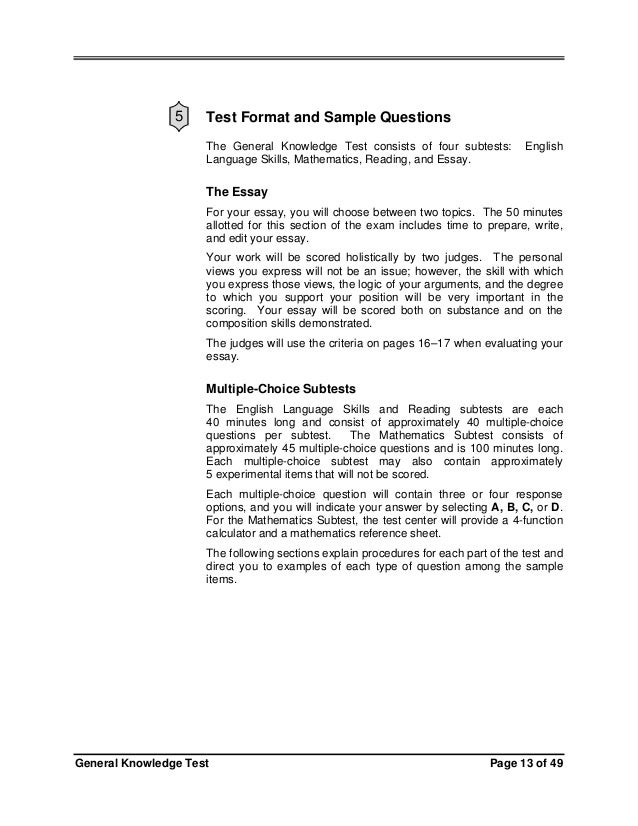Essay The Ontological Argument -- Philosophy essays.
Rowe examines Anselm’s argument and finds it wanting. His critique is suggested by a basic conviction that many philosophers have about the ontological argument: “that from the mere logical analysis of a certain idea or concept, we can never determine that there exists in reality.
According to Rowe, we can allow someone to define God anyway he or she wants, yet it will not follow from that definition that such a being a. actually exists. b. can be defined.

What is his argument? William Lane Craig: The Kalam Cosmological Argument and the Anthropic Principle Many scientists say that some events (on the quantum level, for example) are literally uncaused, and some say that the universe itself could have been uncaused. If these claims are true, how would they affect the cosmological argument?

Anselm And Question-Begging: A Reply To William Rowe'S Comments On Professor Davis' 'Does The Ontological Argument Beg The Question'. Stephen T. Davis - 1976 - International Journal for Philosophy of Religion 7:448-457.

In this paper I will argue that Anselm’s ontological argument for the existence of God is indeed adequate for establishing the necessary existence of the Greatest Conceivable Being. In order to accomplish this, I will argue that Anselm’s premises are sound, and that his conclusion rightfully follows his premises.

One of the major arguments proposed against the existence of God in contemporary western philosophy is the problem of evil. It is based upon the inability to reconcile the magnitude of evil in the world with the all-loving nature of God.

What is common among these versions of ontological argument, including Anselm’s argument for God’s existence, is the claim that it is self-contradictory to deny the existence of a greatest possible being. In other words, for the adherents of the ontological argument, the existence of a greatest possible being is necessary, and He is God.

William L. Rowe - 2006 - Journal of Ethics 10 (3):295-313. details Thomas Reid developed an important theory of freedom and moral responsibility resting on the concept of agent-causation, by which he meant the power of a rational agent to cause or not cause a volition resulting in an action.

We will be looking at Anselm’s ontological argument(s) in his Proslogium. I argued in class that in Chapter 2 of the Proslogium, Anselm presents a reductio ad absurdum. He assumes the opposite of what he aims to prove—i.e., he begins by assuming that God (the being than which nothing greater can be conceived) does not exist (in reality).

Rowe in his explanation of the Cosmological Argument, identifies two parts of the Principle of Sufficient Reason: the first part requires that an explanation is necessary for the existence of everything, which means that one must be able to identify the cause of any being that is in existence.. (“Rowe's Cosmological Argument Essay Example.

The Ontological Argument By Rowe Over the years, the ontological argument has raised considerable discussion and several counterarguments. One of them by William L. Rowe, a modern professor of philosophy, describes its failure and downfall. According to Rowe, the Fool gives away too much by allowing God-as-defined a possibility to exist. What he means by that is the Fool should not even allow.

Below is a summary of one of the more famous versions of the Ontological Argument, that of Saint Anselm of Canterbury in his Proslogium. This is very similar to Descartes' version of the Ontological Argument in his Meditations, which will be discussed in lecture (if we have time).

The argument works by examining the concept of God, and arguing that it implies the actual existence of God; that is, if we can conceive of God, then God exists — it is thus self-contradictory to state that God does not exist. This is obviously a controversial position, and the ontological argument has a long history of detractors and defenders.



